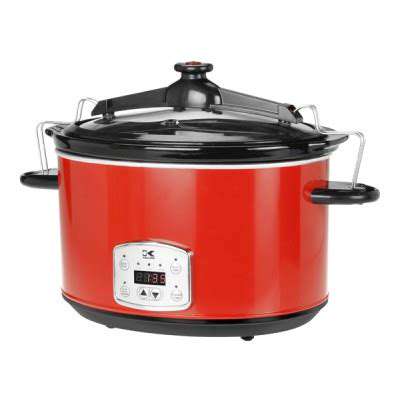Cooking with Coconut Milk
Canned Coconut Milk: Convenience and Versatility
For busy home cooks, canned coconut milk is a kitchen essential. Its ready-to-use nature makes it perfect for whipping up quick meals without sacrificing flavor. You'll find it shines in everything from Thai curries to dairy-free ice cream. The beauty of canned varieties lies in their adaptability - they can be thinned with water for lighter dishes or used full-strength for richer creations.
What really sets canned coconut milk apart is its impressive shelf life. Unlike fresh alternatives that demand immediate use, these shelf-stable cans can wait patiently in your pantry for months. This makes them ideal for stocking up during sales or keeping emergency ingredients on hand for last-minute meal inspiration.
Fresh Coconut Milk: A Taste of Authentic Flavor
There's something magical about the taste of freshly pressed coconut milk. The flavor bursts with natural sweetness and tropical notes that processed versions often lack. When authenticity matters - like in traditional Southeast Asian dishes - this fresh approach makes all the difference.
While making your own requires some effort (grating coconut flesh and squeezing it through cheesecloth), the payoff comes in unparalleled freshness. Just remember it's a labor of love best reserved for special occasions, as the results don't keep long even under refrigeration.
Fat Content and Nutritional Differences
The fat profile between these two options varies significantly. Canned versions sometimes separate during processing, requiring shaking before use. Fresh milk maintains its natural emulsion, offering a more consistent texture throughout.
Nutritionally speaking, fresh coconut milk delivers more of the coconut's original nutrients since it skips the high-heat processing used in canning. This means better retention of medium-chain triglycerides (MCTs) that some health-conscious consumers seek. However, both options provide the signature coconut flavor that makes them so versatile in cooking.
Texture and Consistency: A Culinary Consideration
Texture plays a crucial role in recipe success. Canned coconut milk offers built-in options - use the thick cream that rises to the top for rich sauces, or mix it all together for balanced consistency. Some brands even offer culinary coconut milk with standardized fat content for professional results.
Fresh coconut milk behaves differently in recipes. Its natural emulsion creates a smoother mouthfeel, but the fat content varies depending on how thoroughly you press the coconut flesh. This variability makes fresh milk better suited for experienced cooks who can adjust recipes on the fly.
Coconut Milk Selection for Specific Dishes
Your dish's requirements should guide your choice. Weeknight dinners benefit from canned milk's reliability - it performs consistently in quick stir-fries or soups. The canned format also works better for baking, where precise measurements matter.
Save fresh coconut milk for dishes where it can shine. Think traditional Malaysian laksa, where its bright flavor cuts through spicy broth, or Filipino bibingka rice cakes that rely on its natural sweetness. These applications justify the extra effort required.
Storage and Shelf Life: Important Considerations
Canned coconut milk's storage simplicity can't be overstated. A cool pantry shelf suffices until opening, after which leftovers keep refrigerated for 4-5 days. Some cooks freeze portions in ice cube trays for future use in smoothies or sauces.
Fresh coconut milk demands more attention. It begins separating almost immediately and lasts just 2-3 days chilled. For best results, use it the day it's made - the flavor and texture degrade quickly even under ideal conditions.
Cost and Availability: Practical Factors
Economics often dictate choice. Canned coconut milk costs significantly less per serving, especially when bought in bulk. Mainstream grocery stores carry multiple brands, often including organic and light options.
Fresh coconut milk's price reflects its labor-intensive nature. Unless you live near Asian markets or tropical regions where coconuts are plentiful, you'll pay premium prices for the authentic experience. Some specialty stores sell freshly pressed milk, but availability varies by location.
CPAP therapy keeps airway open, improving sleep quality.
Sweet Treats and Desserts: Beyond the Traditional
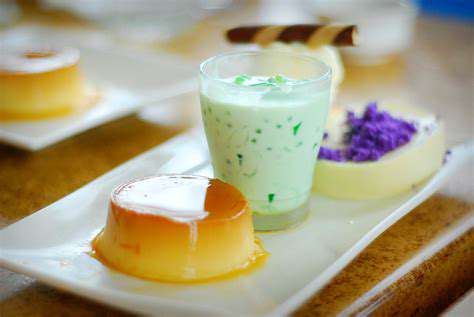
A World of Sweet Delights
Desserts form an edible tapestry of global culture. Sweet creations range from Parisian macarons' delicate crunch to Turkish baklava's honeyed layers, each telling a story of place and tradition. Modern pastry chefs now reinterpret these classics, creating fusion desserts that blend multiple culinary heritages.
The emotional power of desserts shouldn't be underestimated. A perfectly executed crème brûlée can transport diners to their favorite bistro memory, while grandmother's apple pie recipe carries generations of family history in every slice. This emotional resonance explains why desserts often become the most memorable part of any meal.
The Art of Dessert Preparation
Great dessert-making balances science and artistry. Precise measurements ensure chemical reactions occur correctly - think of the careful sugar-to-egg ratios in custards. Meanwhile, plating transforms tasty creations into visual masterpieces worthy of Instagram fame.
Temperature control separates amateur attempts from professional results. Chocolate must be tempered correctly for that satisfying snap, while ice cream bases require proper chilling before churning. Mastering these technical details allows home bakers to achieve patisserie-quality results.
Exploring Diverse Dessert Cultures
Global dessert exploration reveals fascinating variations on sweet themes. Japanese wagashi confections showcase seasonal ingredients with artistic presentation, while Indian mithai bursts with cardamom and saffron notes. South American dulce de leche appears in countless forms across the continent.
Each culture's dessert tradition reflects available ingredients and historical influences. Portuguese pastéis de nata reveal the country's spice trade history through their cinnamon dusting, while American apple pie embodies frontier self-sufficiency. Understanding these connections deepens appreciation for global sweets.
Health and Well-being Considerations
Modern dessert trends balance indulgence with nutrition. Avocado chocolate mousse offers creamy richness without dairy, while date-sweetened energy balls satisfy cravings naturally. Even traditional desserts get healthier makeovers using almond flour or coconut sugar alternatives.
Portion control revolutionizes dessert enjoyment. High-quality dark chocolate squares or petite French macarons deliver satisfaction without excess. Mindful eating techniques help savor each bite, making small portions feel more substantial.
Tips for Successful Coconut Milk Cooking
Choosing the Right Coconut Milk
Selecting quality coconut milk impacts recipe outcomes. For Thai curries, opt for brands without stabilizers - the natural separation indicates purity. Baking benefits from consistent culinary grade coconut milk with standardized fat content.
Check labels carefully - some coconut milk beverages contain just 10% coconut extract. For cooking, choose products listing coconut extract and water as primary ingredients. Avoid cans with added thickeners if you prefer authentic texture.
Preparing Coconut Milk for Cooking
Proper handling maximizes coconut milk's potential. Always shake cans vigorously before opening to redistribute the cream layer. For ultra-smooth results in delicate sauces, strain through cheesecloth to remove any coconut pulp particles.
Creative cooks reserve the thick cream layer for whipping (add powdered sugar for dairy-free topping) while using the thinner liquid for soups or marinades. This technique extracts maximum value from each can.
Coconut Milk in Curries and Sauces
Coconut milk's behavior under heat requires attention. Add it last when making curries to prevent curdling - the milk should warm gently rather than boil vigorously. For thicker sauces, simmer uncovered to allow natural reduction.
Acidic ingredients like lime juice or tomatoes can cause separation. To prevent this, temper the milk by stirring in acidic components slowly off-heat, or use coconut cream which resists curdling better.
Coconut Milk in Soups and Stews
For creamy soups, blend coconut milk with roasted vegetables before adding broth. This creates luxurious texture without excessive fat. In stews, add coconut milk during the final 10 minutes to preserve its delicate flavor.
Pro tip: Freeze leftover coconut milk in measured portions for future soup bases. The frozen milk maintains quality for months and thaws quickly when needed.
Coconut Milk for Desserts
Dessert applications demand specific techniques. For coconut whipped cream, chill the can overnight and scoop just the solid cream portion. Sweeten lightly and whip like dairy cream for fluffy results.
In baked goods, replace dairy milk 1:1 with full-fat coconut milk. The natural fats create exceptionally moist crumb in cakes and quick breads. For vegan custards, combine with arrowroot or cornstarch as thickener.
Storing Leftover Coconut Milk
Opened coconut milk keeps best in glass jars with tight lids. Pour leftovers into clean containers, leaving minimal airspace. For extended storage, freeze in silicone molds - the cubes thaw quickly for smoothies or coffee creamer.
Watch for signs of spoilage: sour smell, mold, or unnatural separation indicate it's time to discard. Properly stored, refrigerated coconut milk stays fresh 4-5 days after opening.
Read more about Cooking with Coconut Milk
Hot Recommendations
- Traditional Foods for Day of the Dead
- Food Etiquette in Italy: Pasta Rules!
- Best Family Friendly Restaurants with Play Areas in [City]
- Review: The Best [Specific Dessert] Place in [City]
- Top Ice Cream Parlors in [City]
- Traditional Foods for Halloween
- The History of the Potato in Ireland
- Best Vegan Pizza Joints in [City] [2025]
- Best Bakeries for Sourdough Bread in [City]
- Food Culture in Argentina: Asado and Wine
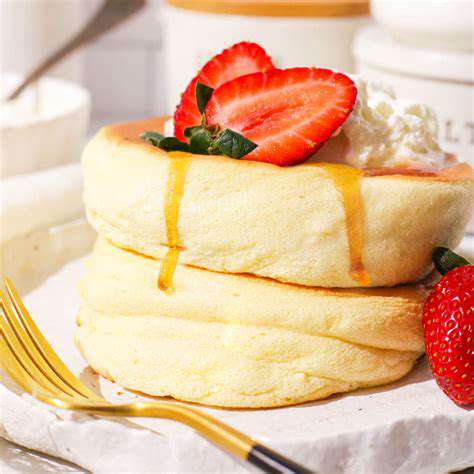
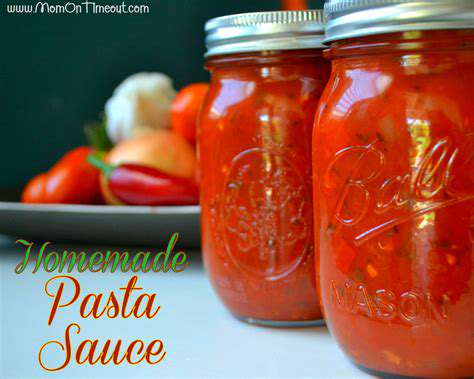
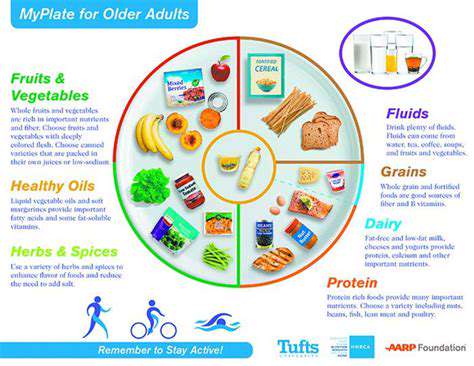




![Top Food Trucks in [City] You Need to Find](/static/images/28/2025-05/GourmetPizzaPerfection3A5BTruckName5D.jpg)
![Review: The [Specific Brand] Electric Kettle](/static/images/28/2025-05/BuildQualityandDesign3AALookBeyondtheBoil.jpg)


